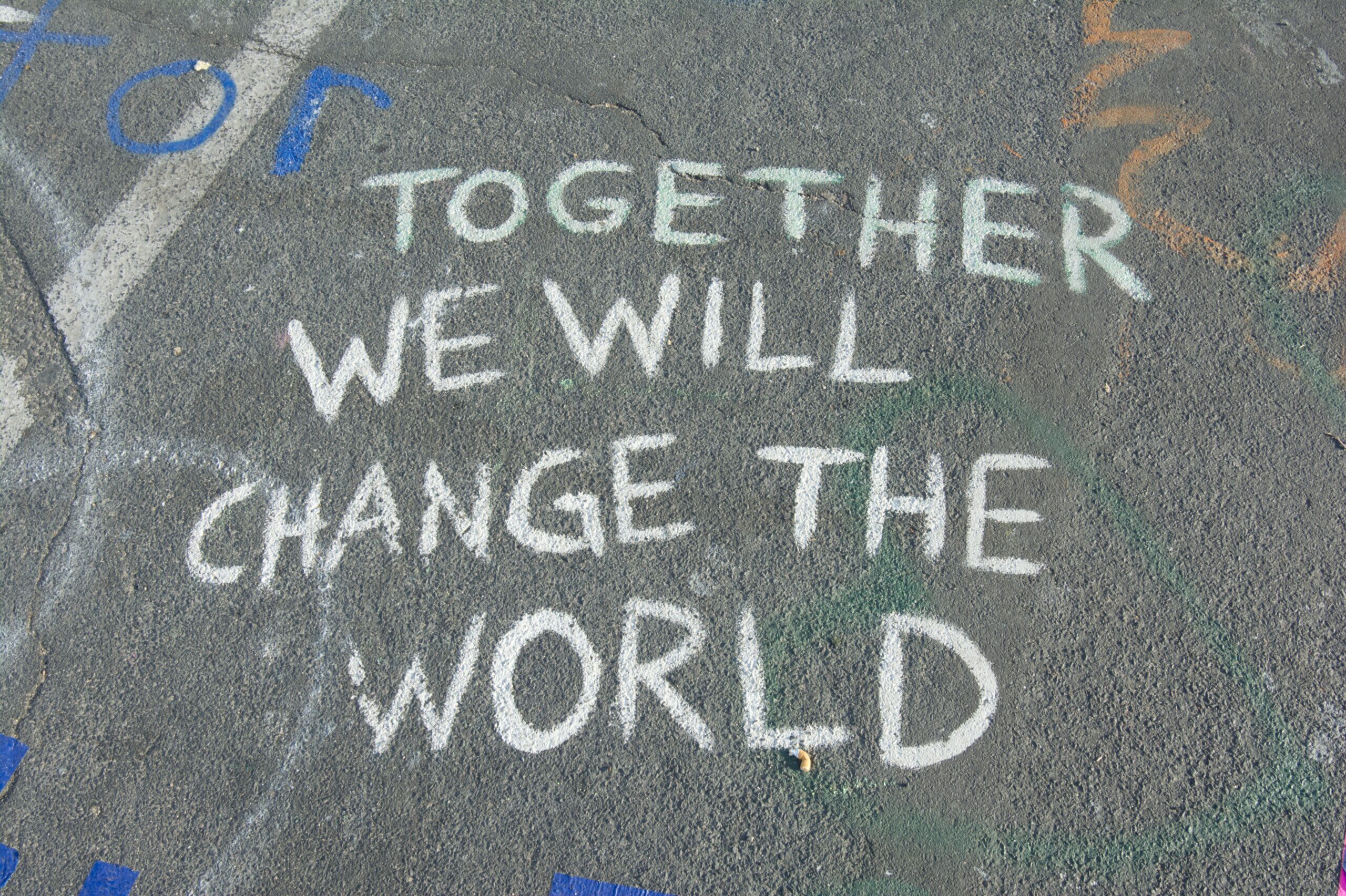In a wonderful article discussing how she prepares students to develop critical digital literacies and advocate for digital privacy, Colleen A. Reilly highlights how corporations obscure their activities, leaving most users of the internet unaware of how their data is being harvested. This extends into an unawareness of risk: people don’t realize the risk that these corporations are exposing them to by harvesting data. Reilly argues that through awareness, we become more likely, and more well-equipped, to fight for the right to digital privacy. However, Reilly also makes us aware that individual protection can only go so far: “while individuals should be educated about how organizations collect data about them in online spaces, individually, they do not possess the power to combat that surveillance.” The power imbalance is simply too great. But that doesn’t mean we are powerless.
Raising Awareness
There are several reasons why users are typically unaware of the risks regarding lack of online privacy. For one, they might simply be unaware of the extent of data mining. Furthermore, social action theory tells us that the actions taken by others in our community are perceived as lower risk. Of course, almost everyone we know is on social media, so we follow along without becoming properly aware of the risks or trying to safeguard against them. Also, when we engage in the same risky behavior over and over again (agreeing to cookies, not reading terms of service, etc) over and over without perceiving any consequences, we start to feel the behavior is less and less risky. Also, positive brand image can make us feel safer using a service, even if we know little about its data mining and privacy practices.
How can we encourage others to care more about online privacy? By raising awareness of the risks. Reilly showed that students become more critical of digital spaces and more suspicious of their privacy online when they are shown just how many data mining trackers are really out there, following them online and harvesting their data. As people become more aware of the true risks, they will be more likely to take action.
Advancing Advocacy
But what can we do against the threat of digital surveillance and big data? Reilly says the most important step we can take is advocating for better legal protections. “…the only way to long term freedom and safety online is through collective advocacy designed to curtail the unfettered data collection activities of surveillance capitalists.” It is not just the responsibility of teachers to educate their students about critical digital literacies, either. All of us, she believes, are responsible for passing on our knowledge of digital literacies to others. We cannot change the laws alone, after all. We need public awareness and a public outcry for better digital privacy.
Are We Powerless Alone?
Yes…and no. Reilly believes that, while it’s not a way to long term safety, yes, “individuals’ efforts at precautionary behavior, such as employing available privacy settings and routinely creating unique and strong passwords, may offer some short term and limited protection.” We should seek safer browsers, extensions that block trackers, and so forth in order to protect ourselves. And, as I will touch on with my presentation on Obfuscation, A User’s Guide in the coming week, taking action to protect yourself online can also be a form of protest. We shouldn’t just roll over and accept our fate while we wait for the laws to change, after all. Even though we are the ones without power in the dynamic between internet user and internet corporations, there are still tools that the powerless can use, obfuscation being one of them.





Leave a Reply